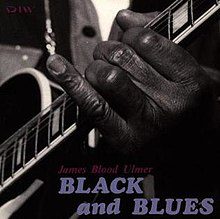Background

Blues began in the early 1920s around the deep South along the Mississippi River during the times of Jim Crow. Blues music stemmed from genres such as work songs, spirituals, and African music having come about from recently emancipated slaves in the deep South. Early forms of blues music was seen to consist of various elements from ragtime, known as the multi-rhythmic genre. This genre was seen to be diverse and dynamic. There were no “strict” patterns or set instruments used. However, all blues music was made of simple chord progressions having a deep bass line and lyrics telling a story. A typical song was twelve bars long, repeating the lyrics twice during the first eight bars and ending with some sort of improvisation or elaboration in the last four bars.
Influence
Blues was originally considered a “lower” form of art and did not have the white population’s attention. The evolution of blues was poorly documented and had very little sheet music. However, blues often offered an escape from reality of racism and violence associated with the black community. It became music that was accessible to people no matter their socio-economic status, allowing it to be known as ‘feel good’ music. The blues allowed black people the change to create their own culture of music that was diverse, and it soon became the driving force in music for several decades. The blues also played a huge part in helping the civil rights movement become successful. Blues music helped to break down psychological barrier brought about by segregation.
Styles
Delta Blues
The Delta Blues was prominent in the deep South. It was seen as more authentic and least accessible to the public. Delta blues incorporated African vocal styles and arrangements calling it “country blues.” Famous artists particular to this style are Charlie Patton, Robert Johnson, B. B. King, and Blind Willie McTell.
Vaudeville
This type of blues prospered on the borders of mainstream population. It inspired many night club singers, prominent in New York. The records were typically purchased by white audiences and was influenced mainly by jazz and gospel. A famous artist of this time was Bessie Smith.
Chicago Style
This style was started by various Mississippi born and raised artists. The Chicago style adapted the Delta blues sound and modernized it by adopting amplification and electric instruments creating attraction to a larger audience. Famous artists of the Chicago style Muddy Waters, Willie Dixon, Little Walter, and Sonny Boy Williamson.
Famous Artists
Robert Johnson
Mississippi born; became known as the “King of the Delta Blues Singers” shortly after his death in August 1938 at age 27
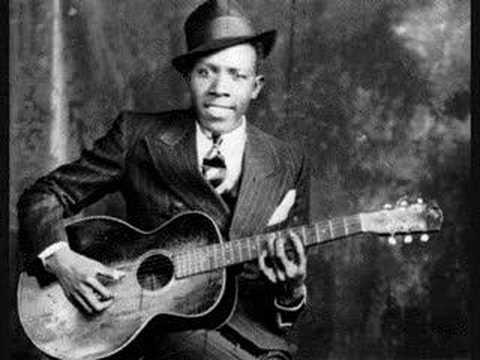
Charlie Patton
Mississippi born; known as “The Father of the Delta Blues”; first to become known and record in Delta Blues genre
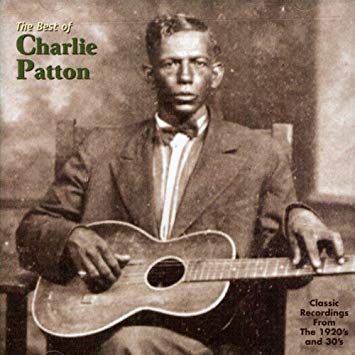
Bessie Smith
Tennessee born; one of the highest-paid, black blues vocalist given the title “Empress of the Blues”

Blind Willie McTell
Georgia born; blind blues musician in the Atlanta area; one of the greatest blues guitarists who did not let his blindness get the best of him
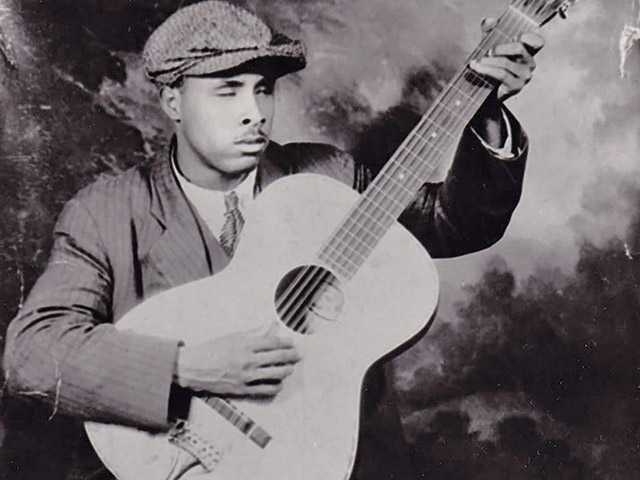
B. B. King
Mississippi born; known as “The King of Blues”; outlined blues for a worldwide audience; name short for “Blues Boy King”
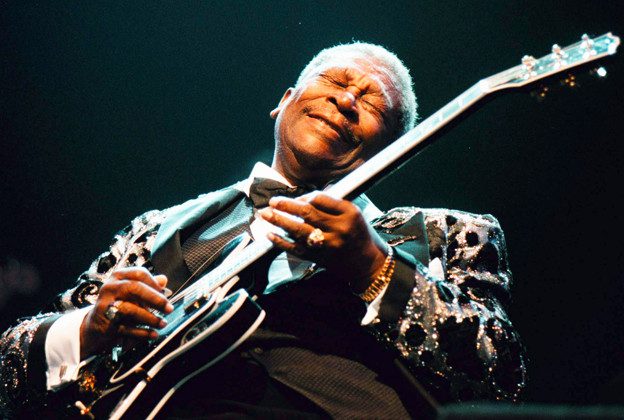
Muddy Waters
Mississippi born; first to introduce electric guitar to the blues genre; transformed the blues with recordings and amplification combos.
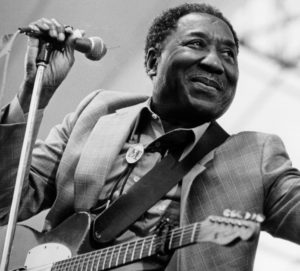
Willie Dixon
Mississippi born; named both “The Poet Laureate of the Blues” and “The Father of Modern Chicago Blues”; key architect in the shaping of the Chicago Blues
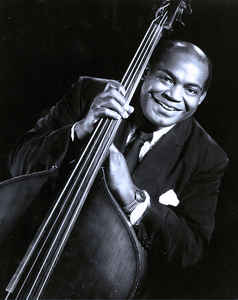
Sonny Boy Williamson
Mississippi born; developed signature style on harmonica; named “The King of Delta Blues Harmonica”
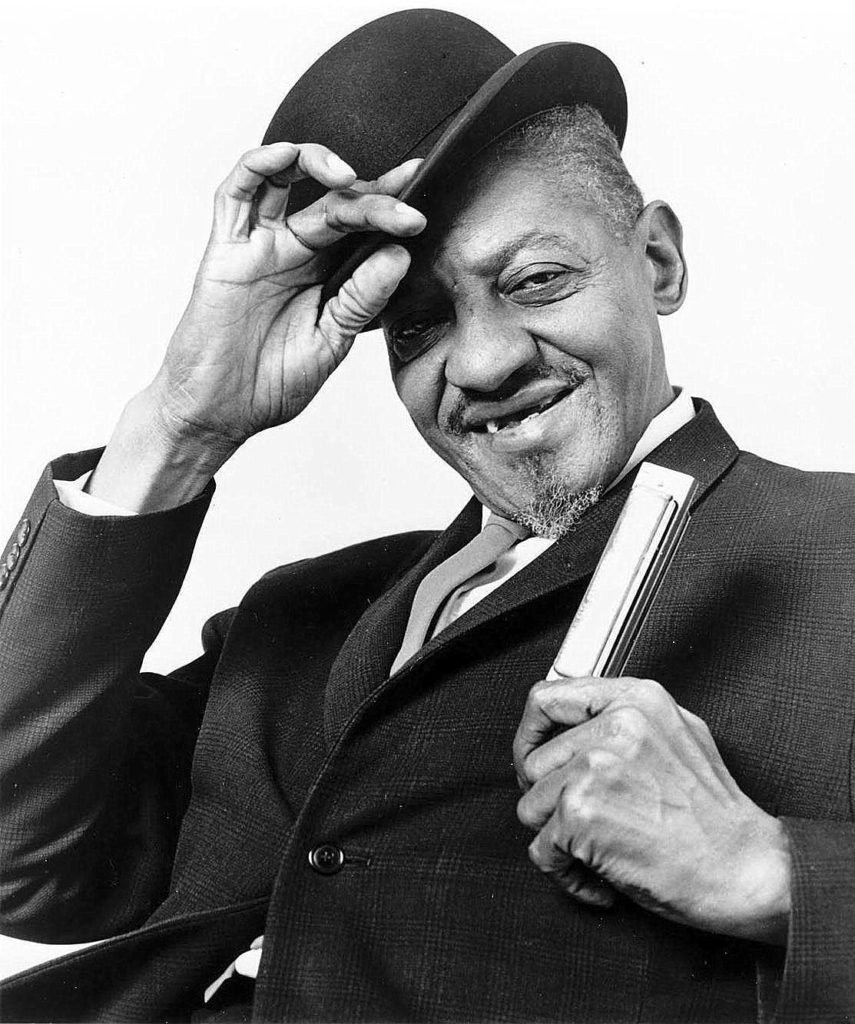
Little Walter
Louisiana born; harmonica player who was a key contribution to Muddy Water’s music; transformed blues through amplification of harmonica
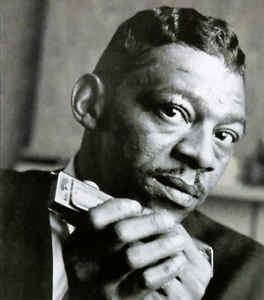
Sources
“A Cultural Crescendo: the Black Origins of American Music.” A Cultural Crescendo: the Black Origins of American Music, 24 Mar. 2017,
www.thehoya.com/songs-of-struggle-and-spirit/.
“B.B. King.” King of the Blues | B.B. King | The Official Website of the B.B. King, www.bbking.com/.
“Bessie Smith.” Biography.com, A&E Networks Television, 16 Jan. 2019, www.biography.com/people/bessie-smith-9486520.
“Biography.” Robert Johnson Blues Foundation, www.robertjohnsonbluesfoundation.org/biography/.
“Dockery Farms Foundation.” Charley Patton | Dockery Farms Foundation, www.dockeryfarms.org/blues/charley-patton.
Eder, Bruce, and Bruce Eder. “Blind Willie McTell | Biography & History.” AllMusic, www.allmusic.com/artist/blind-willie-mctell-
mn0000048331/biography.
“How the Blues Changed America.” Molly Schranck World Music, blogs.longwood.edu/mollyschranck/2012/04/27/how-the-blues-changed-america/.
“Little Walter.” Rock & Roll Hall of Fame, www.rockhall.com/inductees/little-walter.
“Muddy Waters.” Rock & Roll Hall of Fame, www.rockhall.com/inductees/muddy-waters.
Strauss, Bob. “A Short, Sad History of the Blues.” ThoughtCo, ThoughtCo, 24 Feb. 2019, www.thoughtco.com/blues-music-history-4150423.
“Willie Dixon.” Rock & Roll Hall of Fame, www.rockhall.com/inductees/willie-dixon.

